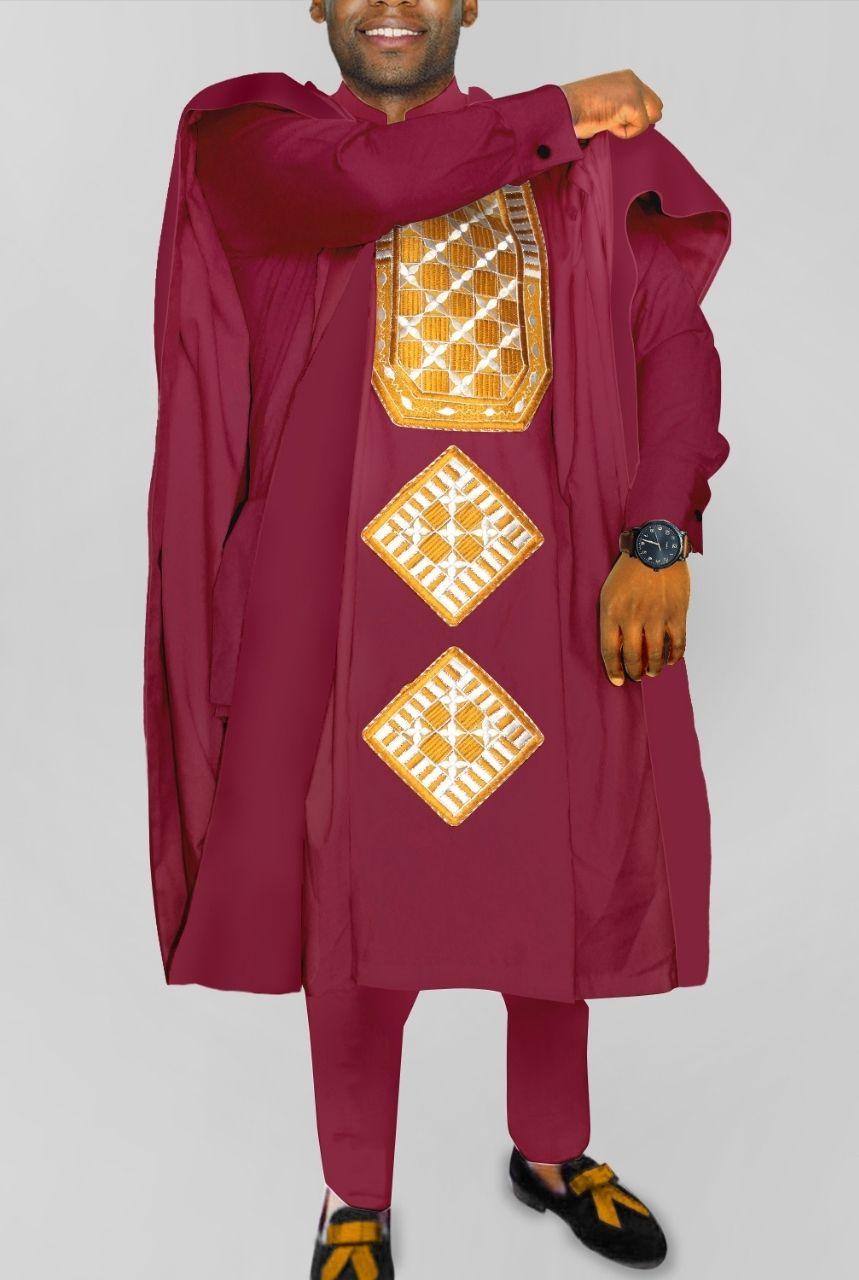Celebrating African Fashion

African clothing has made a significant impact on the global fashion scene, and the UK is no exception. With its rich tapestry of colors, patterns, and cultural significance, African fashion has not only found a home in the wardrobes of those with African heritage but has also captured the attention of the broader British fashion landscape. This article explores the vibrant world of African clothing in the UK, its cultural significance, and how it is influencing modern fashion trends.
The Cultural Significance of African Clothing
African clothing is deeply rooted in the continent’s diverse cultures, with each piece often telling a story through its design, colors, and patterns. Whether it's the bold geometric patterns of Ankara, the flowing elegance of the Kaftan, or the intricate beadwork on Maasai garments, each style reflects the unique heritage and traditions of different African communities.
African clothing uk serves as a powerful expression of identity and pride for the African diaspora. For many, wearing traditional attire is a way to stay connected to their roots, celebrate their heritage, and pass on cultural knowledge to younger generations. Events like weddings, cultural festivals, and religious ceremonies often see a dazzling display of African fashion, bringing the vibrancy of the continent to the streets of London, Birmingham, Manchester, and beyond.
African Fashion's Influence on the UK Market
The influence of African fashion in the UK goes beyond cultural expression; it is reshaping the fashion industry itself. African designers and fashion houses are increasingly gaining recognition for their innovative designs that blend traditional African aesthetics with contemporary styles. Brands like Ohema Ohene, Duro Olowu, and Lisa Folawiyo have carved out a niche in the UK market, offering collections that appeal to a diverse clientele.
The rise of African fashion has also been fueled by a growing interest in sustainable and ethical fashion. Many African clothing brands emphasize the use of locally sourced materials, traditional craftsmanship, and fair trade practices. This resonates with a growing segment of UK consumers who are conscious of the impact of their fashion choices on the environment and society.
Moreover, African fashion has found its way into mainstream British fashion through collaborations between African designers and well-known UK brands. These partnerships have resulted in limited-edition collections that bring African-inspired designs to a broader audience, further cementing the influence of African clothing in the UK.
The Role of African Fashion in Promoting Cultural Awareness
African fashion in the UK is not just about style; it plays a crucial role in promoting cultural awareness and diversity. Fashion shows, pop-up markets, and exhibitions dedicated to African clothing provide platforms for showcasing the richness of African culture. These events also serve as educational opportunities, allowing people from different backgrounds to learn about the history and significance behind various African garments.
Social media has also been a powerful tool in spreading the influence of African fashion in the UK. Platforms like Instagram and TikTok have become spaces where influencers, designers, and fashion enthusiasts share their love for African clothing, reaching a global audience and sparking conversations about cultural appreciation versus appropriation.
Challenges and Opportunities
Despite its growing popularity, African fashion in the UK faces challenges, particularly in terms of representation and access to mainstream markets. Many African designers and brands still struggle to gain visibility in a competitive industry dominated by Western fashion. However, there are also significant opportunities for growth, particularly as the demand for unique, culturally rich, and ethically produced fashion continues to rise.
Supporting African fashion in the UK requires a collective effort from consumers, fashion industry stakeholders, and policymakers. By creating more platforms for African designers, investing in African fashion businesses, and promoting cultural exchange, the UK can continue to celebrate and elevate African clothing as a vital part of its diverse fashion landscape.
Conclusion
As the demand for boob tape uk continues to grow so does the innovation behind it. Newer tapes are being developed to offer even better support, durability, and skin-friendliness. Some brands are also focusing on creating eco-friendly options, responding to the increasing consumer demand for sustainable products. With its blend of practicality, versatility, and fashion-forward appeal, boob tape is set to remain a popular choice among UK women for years to come.
- Questions and Answers
- Opinion
- Story/Motivational/Inspiring
- Technology
- Art
- Causes
- Crafts
- Dance
- Drinks
- Film/Movie
- Fitness
- Food
- Games
- Gardening
- Health
- Home
- Literature
- Music
- Networking
- Other
- Party
- Religion
- Shopping
- Sports
- Theater
- Wellness
- News
- Culture
- War machines and policy

